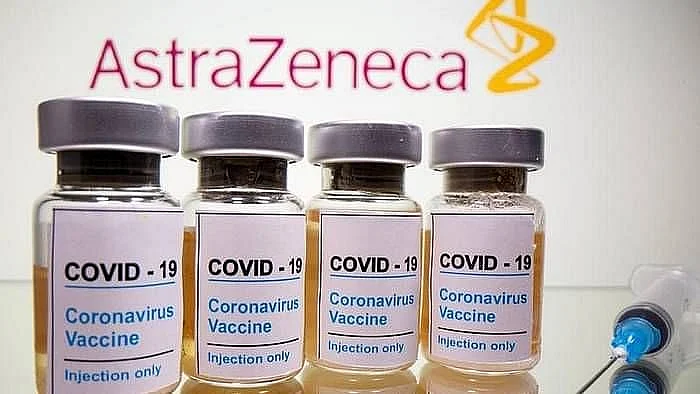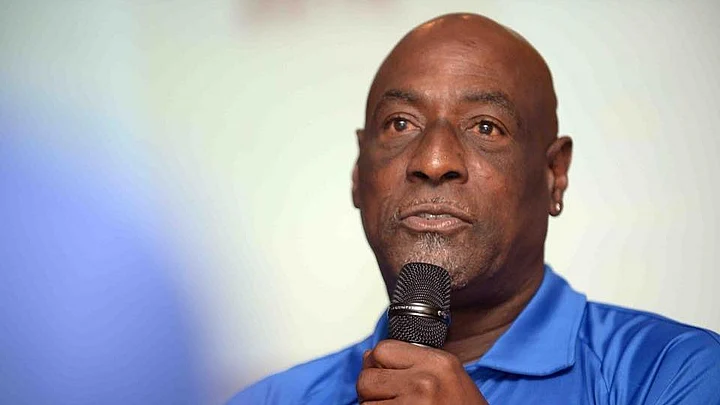As France, Germany, Ireland, Norway, Denmark and some other European countries have suspended the use of the Oxford-AstraZeneca COVID vaccine post reports of blood clotting in some recipients, should people in India worry about similar issues here?
Fortis cardiologist Dr Pramod Kumar clarifies, “The worries over blood thinners in India and Europe are very different. Here, no one should worry and all should take the vaccine, if it's available to you.”
“Too much has been made about this and it should not affect us in India.”Shahid Jameel, Virologist
Experts in the EU have said that the suspension may be premature, and the International Society on Thrombosis and Haemostasis said on Friday that “the small number of reported thrombotic events relative to the millions of administered COVID-19 vaccinations does not suggest a direct link”.
“29 people died in Norway after receiving the Pfizer-BioNTech vaccine but it was not recalled. We must ask why that is.”Dr Rahul Bhargava, Director and Head, Haematology and Bone Marrow Transplant, Fortis Memorial Research Institute
Dr Shahid Jameel, virologist and director of Trivedi School of Biosciences, Ashoka University, adds, “Blood clots occur frequently in the general population. We don’t know if the people who got clots post the vaccine had other health conditions.”
Have There Been Any Cases of DVT Recorded in India?
“I spoke to one of the heads of the adverse event task force in India and found that, so far in India, there have been 234 hospitalisations recorded as adverse events. But in none of these cases, deep vein thrombosis (DVT), which is essentially blood clotting, was observed.”Shahid Jameel, Virologist
The majority of people in India have been given the Oxford-AstraZeneca vaccine and have not reported blood clotting, though the data is still not out on recent AEFI’s.
Dr Rahul Bhargava, Director and Head, Haematology and Bone Marrow Transplant, Fortis Memorial Research Institute, Gurugram, adds, “This is a contentious issue since the data is not yet out, but there is no need to worry here.”
Dr Bhargava tells me that his colleague, a 38-year-old doctor, developed a thrombosis in the abdomen post-vaccination. But she was found to be at risk of thrombophilia, which, as per Healthline, is a condition in which there's an “imbalance in naturally occurring blood-clotting proteins or clotting factors which puts you at the risk of developing blood clots.”
“Now this information can be interpreted in two ways – that an underlying problem with a risk of clotting was precipitated by a vaccine or there is less chances of getting thrombosis in normal, healthy people. Besides, people who have cardiovascular issues or are diabetic are already on aspirin, etc. So they should not worry about clotting,” explains Dr Bhargava.
He says we should be vigilant and cautious, but a suspension may be premature. “Besides, whenever a vaccine is put out in the market, we have Phase 4 marketing surveillance for up to one year to observe any problems."
Still, there are concerns with how well India is monitoring and investigating adverse events following immunisation (AEFIs). The Ministry of Health and Family Welfare continues to provide data on vaccinations but stopped providing information on AEFI’s since 26 February, reported Indiaspend. While some argue this is to reduce assumptions and vaccine hesitancy before proving causal links between the AEFI’s and vaccines, it could also be said that transparency builds trust.
“We should be monitoring the side effects of both vaccines. We should be developing a registry of people who develop thrombosis and see what age group they fall in and other data about them,” adds Dr Bhargava. The Phase 3 trial was conducted on ages 18-55, and as people above 55 have taken the vaccine in the real world, no major AEFI has been reported. “We have not seen any major issues from 1 March to 16 March when above 60 vaccination began.”
Of course, caution needs to be maintained.
'What’s the Bigger Problem – COVID or the Vaccine?'
“We think COVID,” says Dr Bhargava, adding, “so vaccination is essential although we have to keep a hawkish eye on any AEFIs.”
“We need to think of the benefit that people will get, especially in India with a surge happening. The benefit is far greater than any perceived risk. We have rising cases now and should not fall in this trap.”Shahid Jameel, Virologist
Still, suspensions like this cause an increase in vaccine hesitancy, and Dr Jameel adds that this might impact the uptake in India.
There are speculations that the fuss is more political than scientific, with tussles over AstraZeneca supply, Brexit and rising EU cases in the mix.
“But until there is further data, stopping the roll out of the vaccine poses a larger risk,” adds Dr Jameel.
“We should continue to monitor cases and AEFIs and be aware but not overly worry.”Shahid Jameel, Virologist
(This article was first published in FIT and has been republished with permission.)
(At The Quint, we question everything. Play an active role in shaping our journalism by becoming a member today.)




